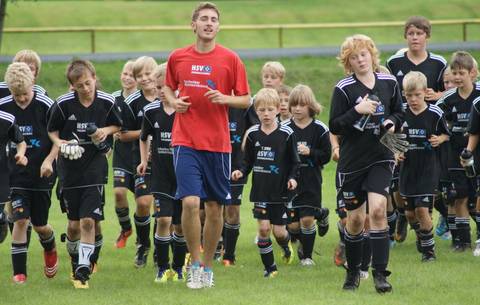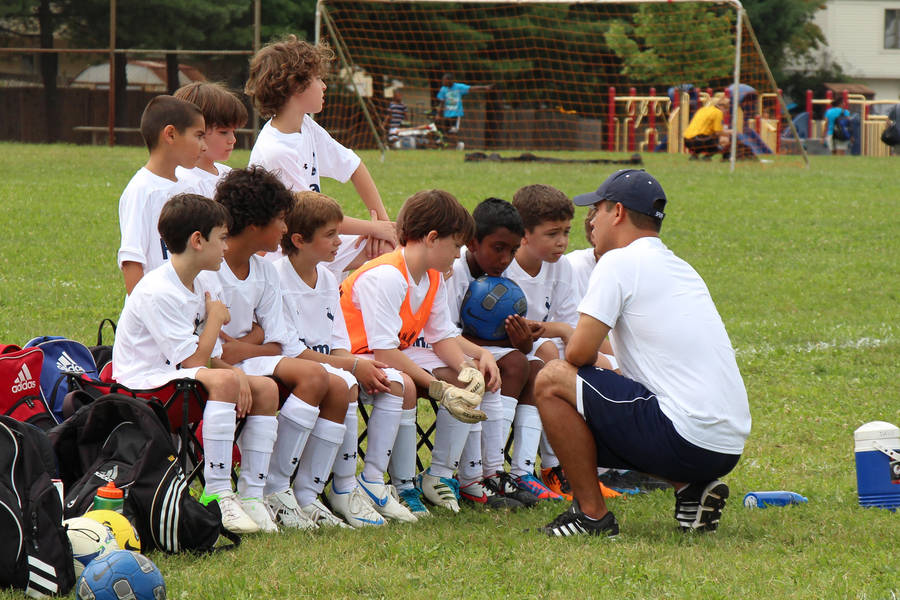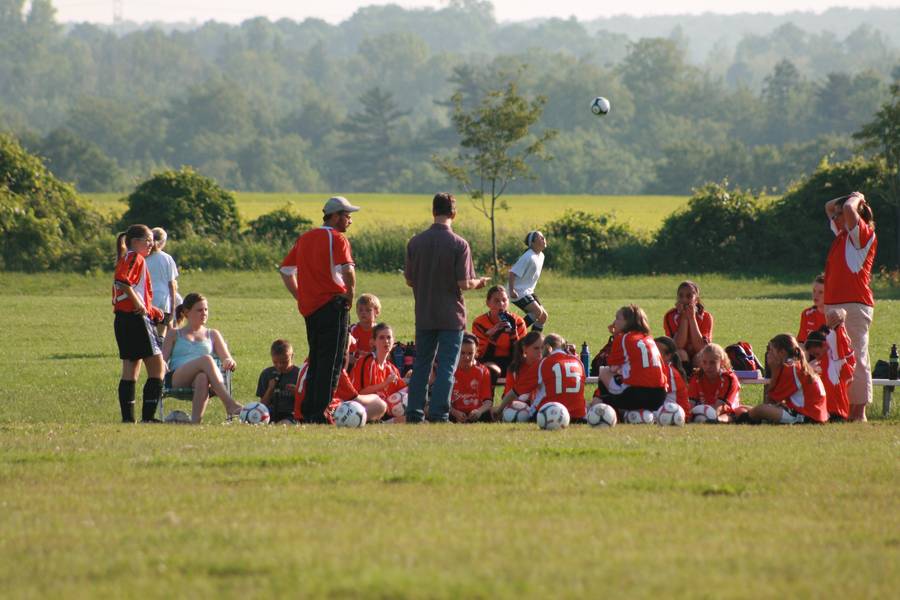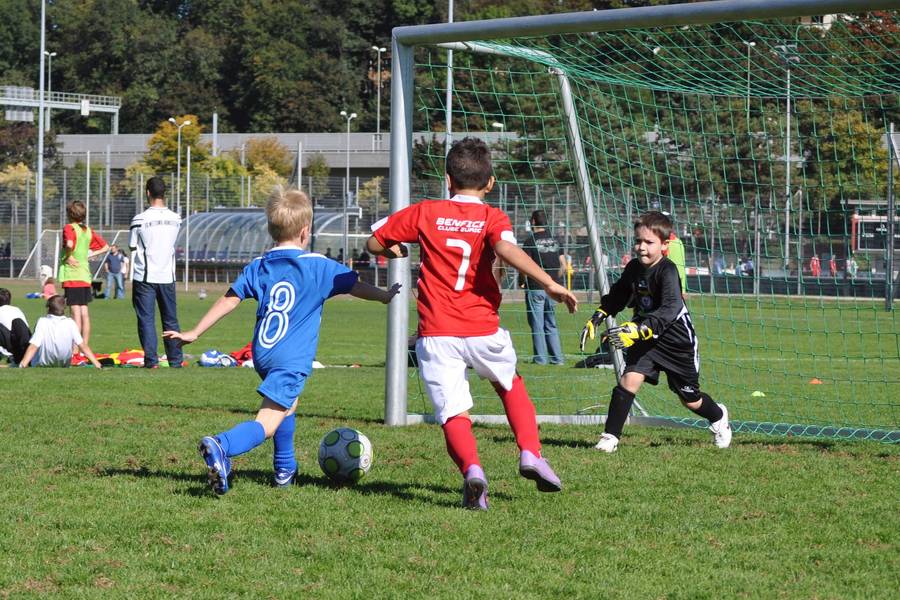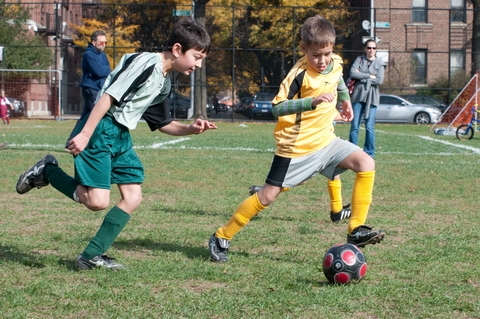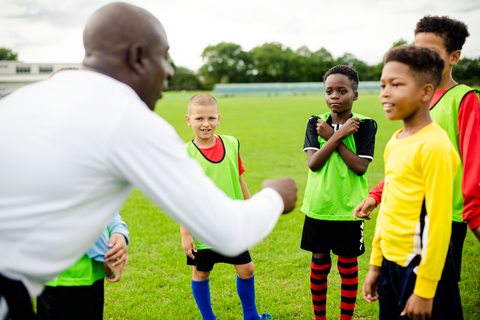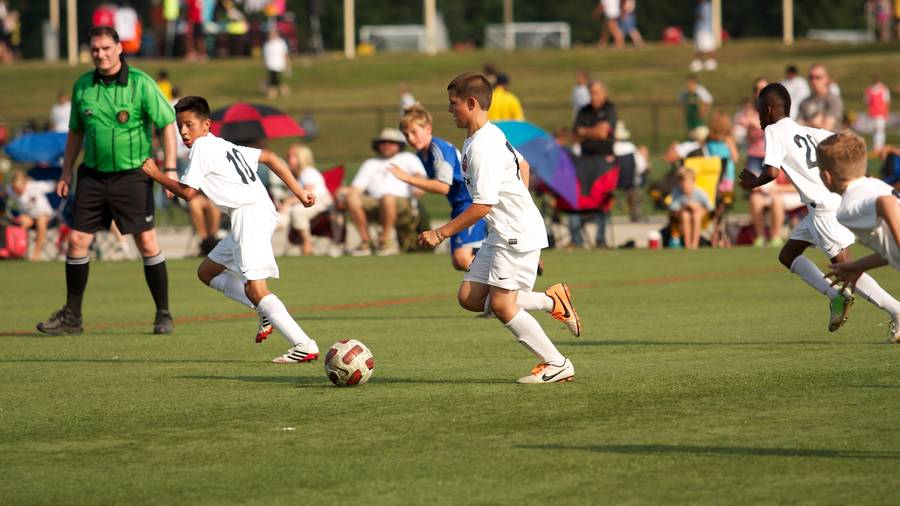
In the modern era of technology, social media has become a powerful tool for communication and marketing.
Junior grassroots football clubs are no exception to this trend, with many clubs taking advantage of social media to promote their activities and engage with their audience. However, while social media offers many benefits to grassroots clubs, there are also challenges and safeguarding considerations that must be taken into account.
So what are the pros and cons of a junior grassroots football club being active on social media?
One of the main benefits of a club being active on social media is that it can help to raise the club's profile and promote its activities. Social media platforms such as Facebook, Twitter, and Instagram provide an opportunity for clubs to share news and updates with their followers, as well as to showcase photos / videos of matches and events. This can help to attract new players, sponsors, and volunteers, and can also help to create a sense of community amongst its existing players and parents.
Another benefit of being active on social media is that it can help to improve communication across the whole club. Often whole club communication is challenging with the majority of contact coming from individual age groups.
Social media platforms provide a convenient and accessible way for clubs to share information about upcoming events, matches, and training sessions, as well as to provide updates on any changes or cancellations. This can help to ensure that all members are kept informed and up to date, which potentially improves participation and engagement.
Whilst there are undoubted benefits to being active on social media, there are also challenges that clubs should be aware of with a standout challenge being around the risk of online abuse or harassment. Social media platforms can provide a platform for people to post negative or abusive comments, which can be particularly harmful to young players.
Clubs must be vigilant in monitoring their social media channels and responding appropriately to any negative or abusive comments.
Another challenge is the potential for social media to create a culture of comparison and competition. Social media platforms can create a sense of pressure to perform, with players feeling that they need to constantly showcase their skills and achievements. This can be particularly harmful to young players who may be more vulnerable to the pressure to perform.
Clubs must be mindful of this and ensure that their social media channels promote a positive and inclusive culture that encourages participation and enjoyment of the game.
The English FA has strict rules around the running of websites and social media platforms by clubs.
They state specifically that:
"It is against FA rules to post comments that are or maybe perceived as:
Offensive; Insulting; Abusive; Threatening; Racist; Discriminatory; Any other reference that may cause offense or harm to others.
Any such comment made on club or league websites and/or social networking sites may result in disciplinary action being taken in line with The FA's disciplinary policies and procedures."
Safeguarding is unquestionably the most important consideration for junior grassroots football clubs when considering social media content. Clubs must be mindful of the risks associated with social media and follow relevant rules and guidance, particularly when it comes to sharing photos and videos of young players.
One of the main risks is the potential for images to be misused or shared without consent. Clubs must obtain parental permission for the use of any photos or videos of young players and ensure that these are stored securely and only shared with appropriate individuals.
Another safeguarding consideration is the potential for social media to facilitate inappropriate communication or contact between adults and young players. Clubs must have clear policies and procedures in place for online communication, including guidelines for coaches and other adults on appropriate conduct and communication with young players. This ensures that young players are protected from potential risks.
Social Media Advice for Junior Grassroots Football Clubs
DO:
- Appoint an appropriate adult to monitor content, who should also attend The FA's Safeguarding Children Workshop to carry out this role;
- Make sure everyone within the club knows who is responsible for monitoring content and how to contact them;
- Apply the principles within The FA's photography guidelines;
- Provide links to TheFA.com safeguarding section;
- Remember that the club is responsible for all content contained on its website and social media;
- Get written parent/carer permission before access to view your club social media platforms is given to under-18s.
DON'T:
- Host children's or young people's details where they can be seen or used by others to contact them. This includes the mobile phone and email of referees and coaches under the age of 18. Any details hosted should only be done with written parental/carer consent;
- Host pictures of individuals without the express permission of parents/carers;
- Post detail of individuals which may lead them to be identified e.g. school/class/year, player profiles detailing personal information e.g. favourite foods, movies, teams etc.;
- Post or host items which may be considered to be hurtful, insulting, offensive, abusive, threatening, racist or discriminatory or otherwise may cause offence or harm to another or might incite such behaviour in others;
- Post or host match results for teams that are under-11. Remember the focus is on participation not outcome at this age.
There are both pros and cons to junior grassroots football clubs being active on social media. While social media can provide many benefits, including raising the club's profile, improving communication, and promoting a positive and inclusive culture, there are also challenges and safeguarding considerations that simply have to be treated with the utmost seriousness.
Clubs must be vigilant in monitoring their social media channels, responding appropriately to any negative or abusive comments, and ensuring that they have clear policies and procedures in place for the use of social media.



